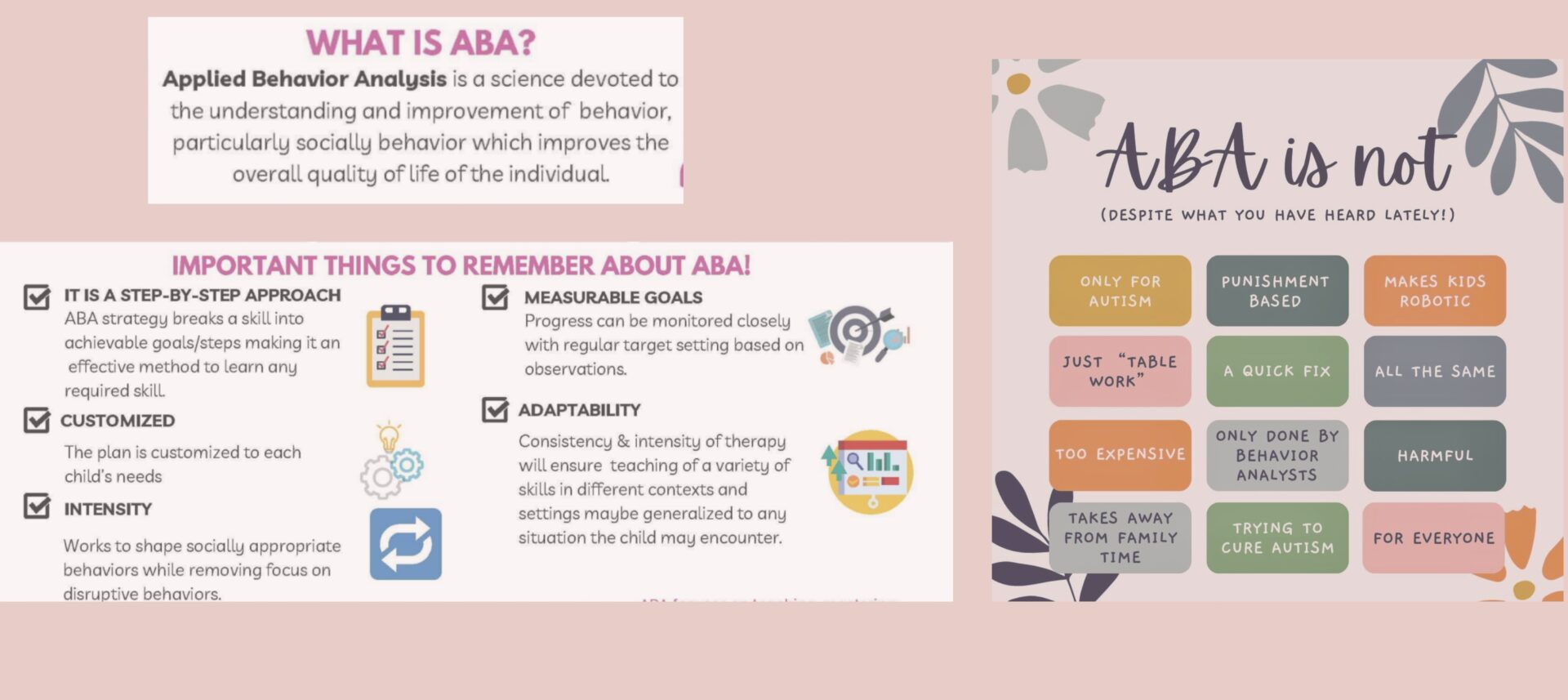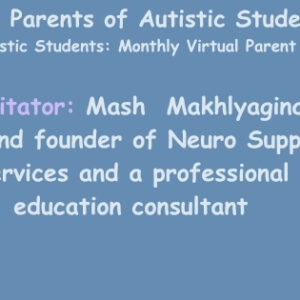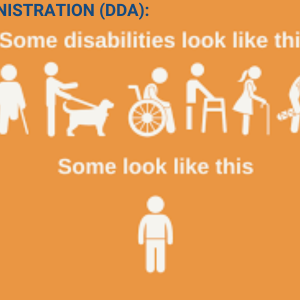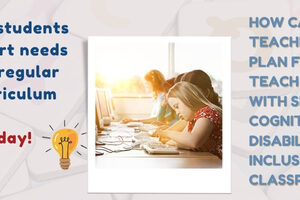
Understanding Applied Behavior Analysis (ABA)
Applied Behavior Analysis (ABA) is based on the premise that behavior can be influenced by changes in environment and by the reinforcing consequences of that behavior. This introductory workshop to ABA clarifies the basic terminology, the fundamental principles and commonly used procedures of ABA using everyday language.The behavior analysts (specialists), will explain the kinds of learning and reinforcement processes that form the basis of ABA programs.
ABA is the process of systematically applying interventions based upon the principles of learning theory to improve socially significant behaviors to a meaningful degree, and to demonstrate that the interventions employed are responsible for the improvement in behavior. “Socially significant behaviors” include self-awareness, self-regulation, social skills, communication, and adaptive living skills.
Adaptive living skills include gross and fine motor abilities, eating and food preparation, dressing,
personal self-care and hygiene, domestic skills, time and punctuality, money and value, home and community orientation, safety awareness, work skills and more.
Overview of what will be covered:
- What is ABA? Introduction to the concept of Applied Behavior Analysis and why it is effective for teaching vital life skills to individuals with ASD of all ages.
- What does a good ABA program look like? A description of the components of an effective ABA program, including what a family should look for in a provider, their child’s services and quality of programming, when a program is needed, and how to tell if it is working or is in need of adjustment.
- Basic concepts in skill training. This will include samples of goals and programs that could be introduced at home, school and community at anytime.
- Basic concepts in addressing unsafe behaviors. We will discuss why behaviors happen and practical tools and strategies for preventing and responding to these behaviors.
- A portion of the presentation will include time for questions and answers for participants.
Meet our presenters:
Mendy Minjarez, PhD
Dr. Minjarez is the Executive Director, Seattle Children’s Autism Center; Director, Applied Behavior Analysis Early Intervention Program. Dr. Minjarez completed her psychology fellowship at Yale University School of Medicine. Her clinical interests include: Assessment, diagnosis and treatment of autism and developmental disabilities, parent education in Pivotal Response Training (PRT), a naturalistic behavioral intervention for children with autism Parent and child outcomes in Pivotal Response Training (PRT) intervention programs for children with autism
Ashley Penney, PhD, BCBA-D
Dr. Penney is Seattle Children’s Hospital Clinical Supervisor Early Intervention ABA program. Dr. Penney completed her doctor of philosophy in Special Education at University of Washington. Her clinical interests include oral communication and effects of a group-based approach to parent-mediated early behavioral intervention for very young children with or at-risk for autism.







